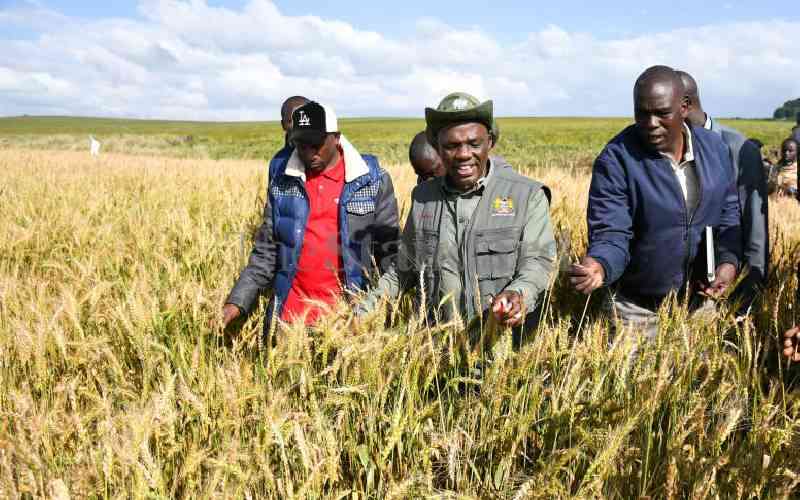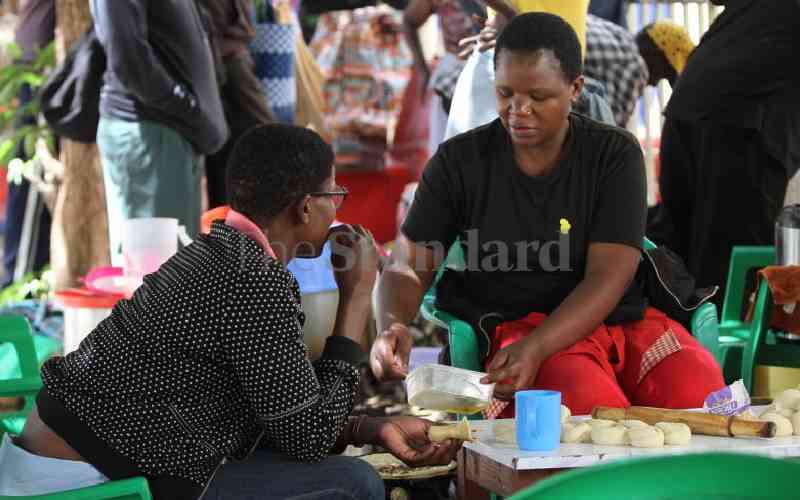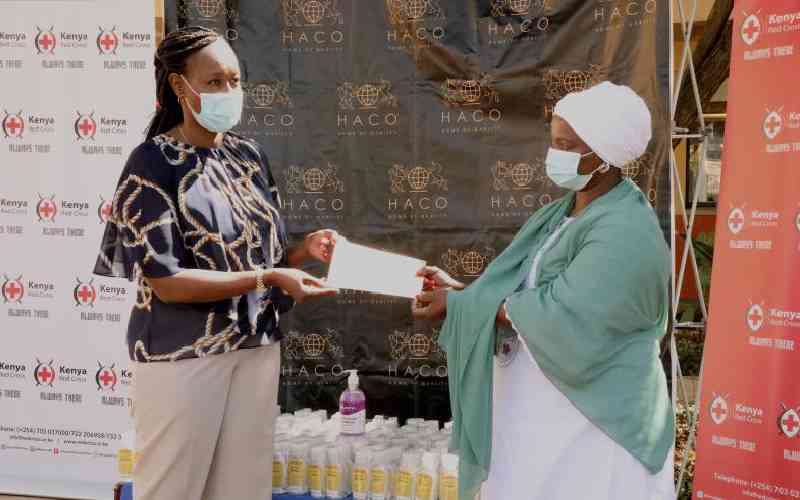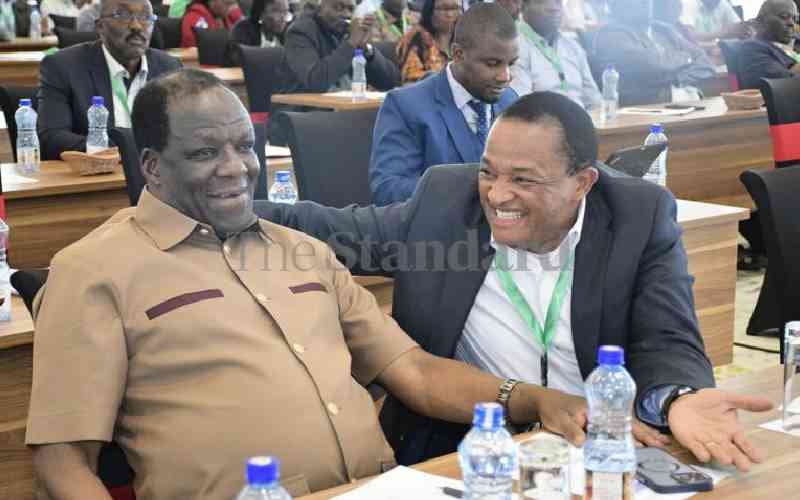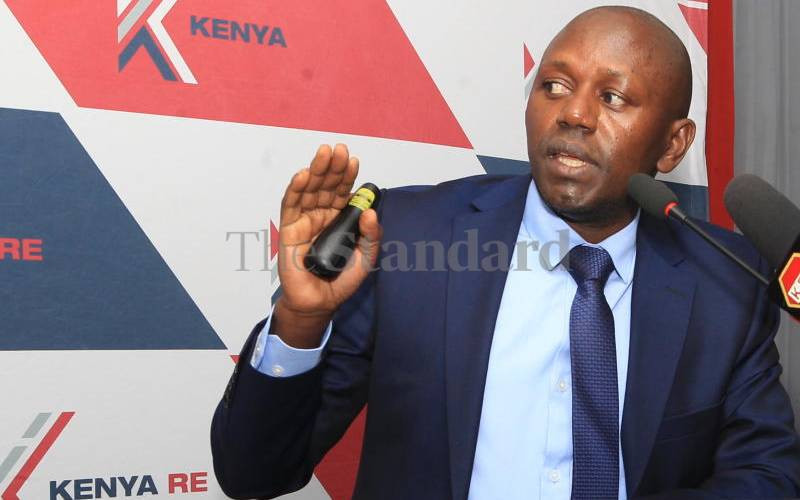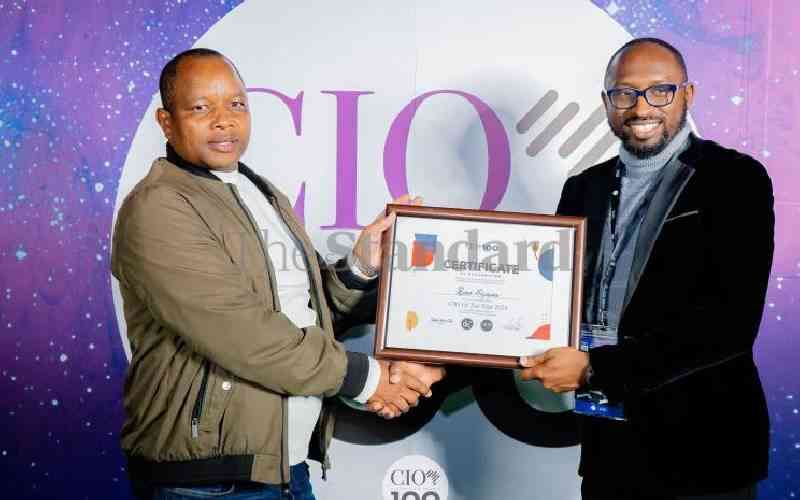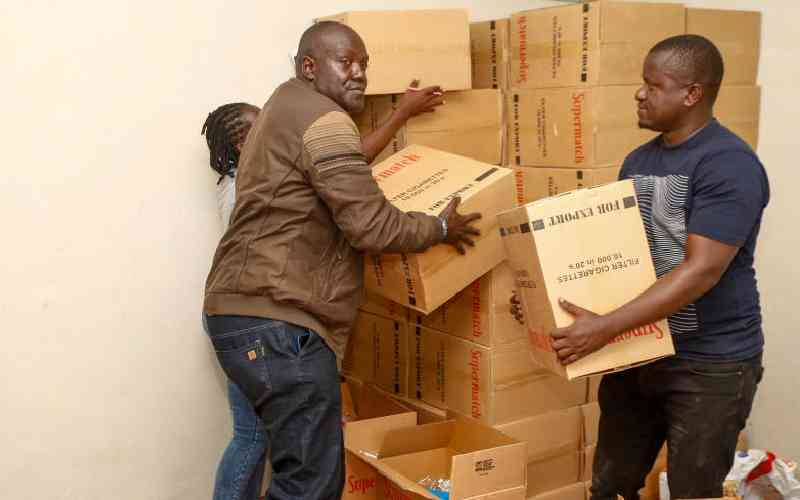
The taxman is adopting a more corporate approach in dealing with micro, small, and medium enterprises (MSMEs), which have been positioned as key in the agency’s efforts to expand the tax base.
MSMEs and the informal sector feature heavily in the Kenya Revenue Authority’s (KRA) ninth corporate plan running until the 2028-29 financial year.
The plan has set a target of Sh20.485 trillion over five years starting from the 2024-25 financial year.
The taxman targets MSMEs specifically for the objective of expanding the tax base, seeking to increase taxpayers from nine million to 13 million by 2028.
The plan, however, does not specify how many taxpayers will be captured under the MSMEs category. By the mid-term, KRA projects revenues to stand at Sh8.7 trillion and Sh20.485 trillion by the end of the corporate plan.
KRA describes MSMEs in the plan as businesses that are semi-organised and unregulated.
“These are characterised by simple labour-intensive technology and may not have licences from authorities. Additionally, they are not registered with the Registrar of Companies,” says KRA in the plan.
Speaking during a televised town hall meeting, Commissioner-General Humphrey Wattanga said at the heart of the five-year strategic plan is tax base expansion.
“We are expressly focused on MSMEs and the informal sector,” he said.
Mr Wattanga said the agency is already engaging MSMEs towards this end, adding that he is aware of the tension between KRA enforcement officers and small business owners and traders.
“We are taking a bit of a corporate approach looking at our taxpayers as our clients to understand their context,” said the Commissioner General.
He said the agency is trying to win over MSMEs through stakeholder engagements.
“We are engaging with the Eastleigh Business Community, Nyamakima, and avocado farmers, seeking to develop solutions that speak directly to these specific value chains,” said Mr Wattanga.
“We are engaging them through their respective sector organisations. We have a forum where we engage the jua kali (informal) sector. It is a process obviously because there has been a historical challenge.”
He said this is to achieve equity and fairness in taxation, which should eventually reduce the burden on the formal sector.
Commissioner in charge of Domestic Taxes Rispar Simiyu also emphasised the importance of the new approach in dealing with MSMEs at this year’s KRA Annual Tax Summit.
Ms Simiyu revealed that KRA is undergoing a re-organisation to make it a fit-for-purpose agency to encourage compliance by businesses, especially MSMEs.
She acknowledged challenges with the enforcement department when it comes to compliance, with businesses at the event accusing KRA enforcement agents of being combative.
“The question we should ask is: should we [the enforcement department] be the first point of contact or the last resort? How do we do it? By the time I come to you as enforcement, how many boxes have I ticked?” she posed.
Ms Simiyu noted that some of the efforts to ensure compliance, especially by businesses have not borne the expected fruits even as she pointed out on how informal the Kenya economy is.
“Sometimes when you narrow in, the informal sector is not necessarily informal, only that some would opt to appear so,” she said.
It is estimated that just 7.4 million MSMEs have some level of formality, enabling them to be captured by the Kenya National Bureau of Statistics (KNBS). This figure doubles, according to the State Department for MSME Development, when informal businesses are included.
The challenge for the government has always been how to bring more MSMEs into the tax bracket, considering some of them operate seasonally while others are briefcase entities managed as side hustles.
The emphasis on MSMEs by KRA in their five-year corporate plan is a reflection of findings of the agency’s 9th Annual Tax Summit Report that also focuses on small businesses.
The report notes that MSMEs employ 18 million people, with 15 million of these jobs being in the informal sector.
The report emphasises the need to formalise MSMEs like it has been done for farmers through the Kenya Tea Development Agency (KTDA).
“Collaborate with the Ministry of MSMEs to support the formalisation process through registration with Micro and Small Enterprises Authority (MSEA). This collaboration aims to increase the number of registered MSMEs paying taxes,” the report says.
The report also recommends that the KRA board and the management intensify efforts in educating small businesses on their tax obligations and the advantages of compliance.
“Expand awareness campaigns on digital platforms to encourage the adoption of digital record keeping and tax reporting systems. This initiative aims to assist MSMEs in complying with tax laws more effectively,” the report says.
The report also recommends the setting up of a dedicated MSME support service. This involves creating a division or hotlines that would help MSMEs comply with tax laws and navigate the KRA system.
 The Standard Group Plc is a multi-media organization with investments in media platforms spanning newspaper print
operations, television, radio broadcasting, digital and online services. The Standard Group is recognized as a
leading multi-media house in Kenya with a key influence in matters of national and international interest.
The Standard Group Plc is a multi-media organization with investments in media platforms spanning newspaper print
operations, television, radio broadcasting, digital and online services. The Standard Group is recognized as a
leading multi-media house in Kenya with a key influence in matters of national and international interest.

